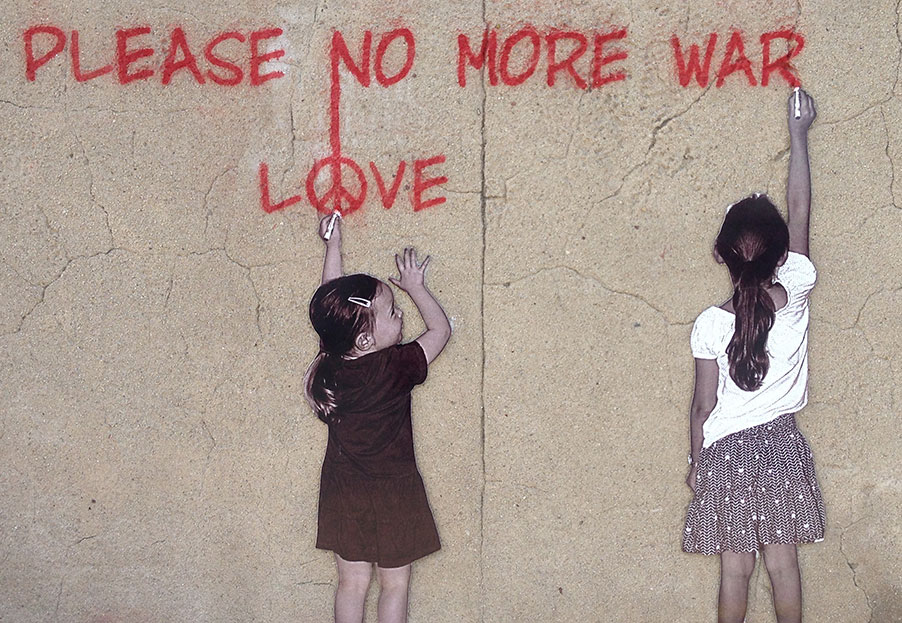In the footsteps of the prophet Elijah
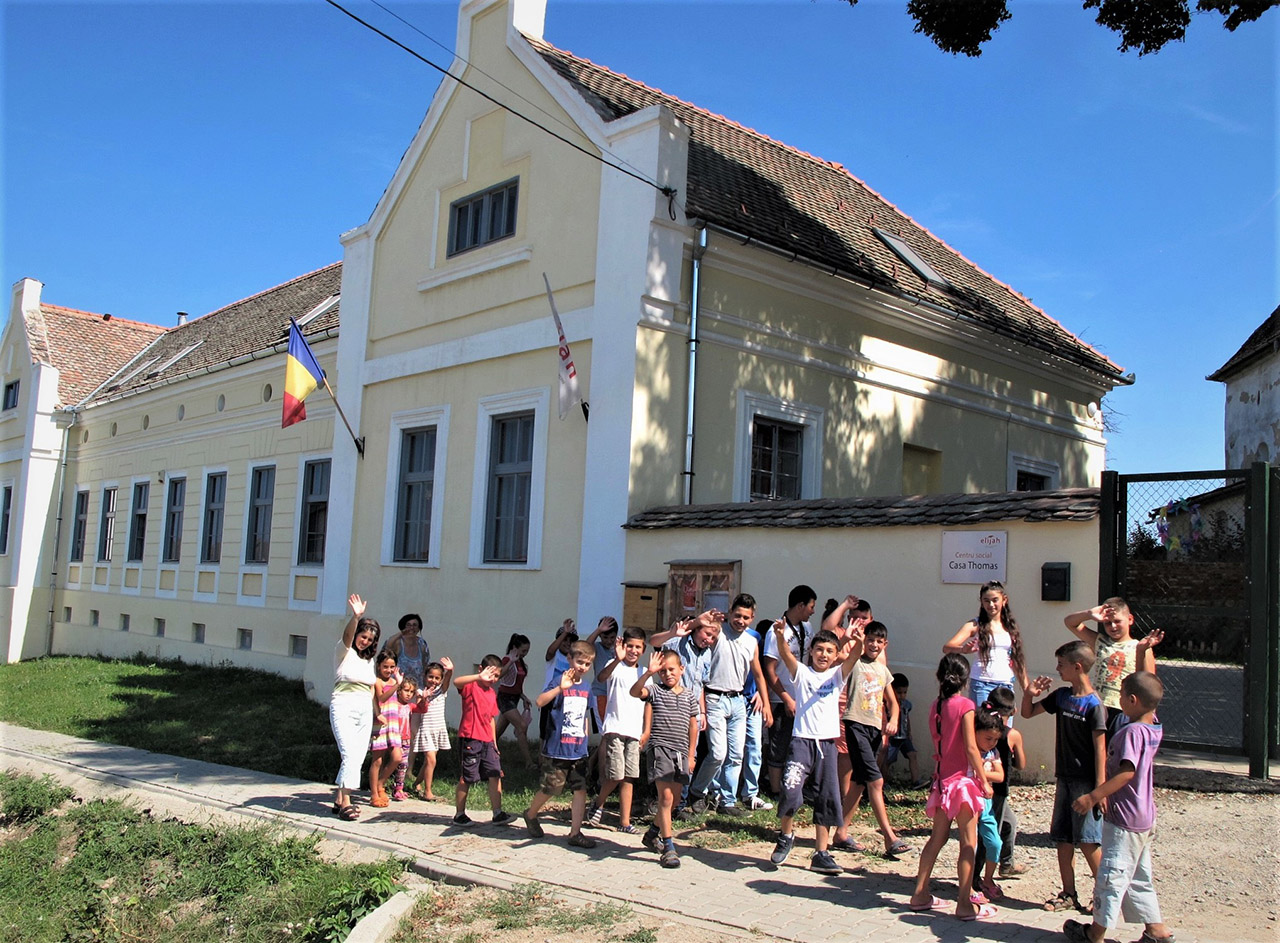
Georg Sporschill is a Jesuit from the Austrian Province. He is well known for his creativity in social ministry. We offered him the opportunity to review his journey with us. He told us more particularly about the ELIJAH project that he has been leading since 2012. Here is his testimony.
Father Sporschill:
I studied psychology and education because I was always interested in therapeutic issues and youth. In 1982, I started with CARITAS, a House for boys coming from prison or the street, most of whom had problems with drugs and alcohol. I was then pressured to start a house for girls in cooperation with the Town Hall of Vienna. Together with a wonderful team, all friends in Christ, I opened three new shelters for the homeless the following winter. In 1987, we founded the INIGO restaurant, which offered the homeless the opportunity to learn and work in catering services.
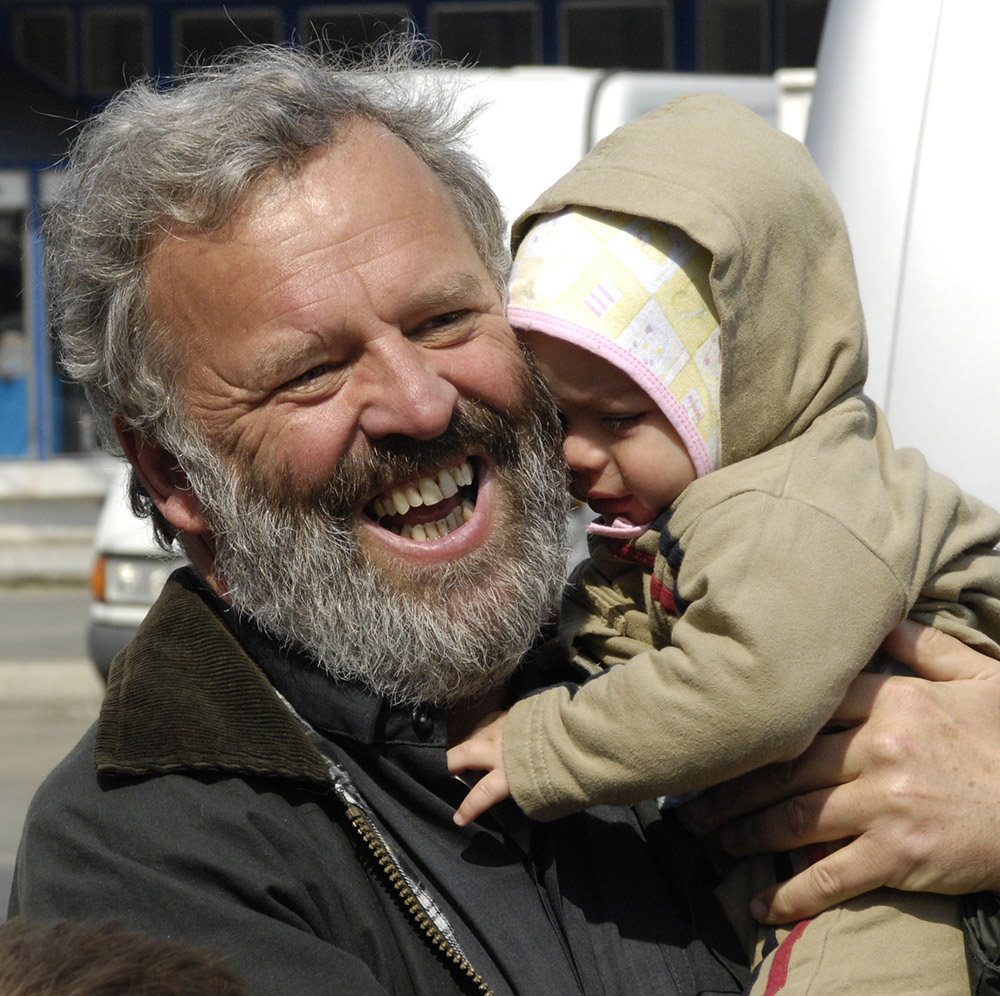
In 1990, I got the idea of CANISIBUS. This is a minibus, which today still drives every night to the main railway stations and meets with the homeless. A team of volunteers brings hot soup, help and friendship to them. Since then, each night the CANISIBUS reaches many homeless people and opens a door for them. In this way, St. Canisius is still a missionary in Vienna.
In 1991, I was sent to Romania to start work with street children. Thus, CONCORDIA began in Romania, Bulgaria and Moldavia; offering food, housing, street work, education, and professional formation. In 2012, the work was handed over to my successors.
That year, I moved to Transylvania/Romania staying in villages where many Roma or Gypsy people live in unbelievably desperate conditions. Most families - each with many children - live without water or electricity and have no income. The parents cannot read or write and are not interested in sending their children to school.
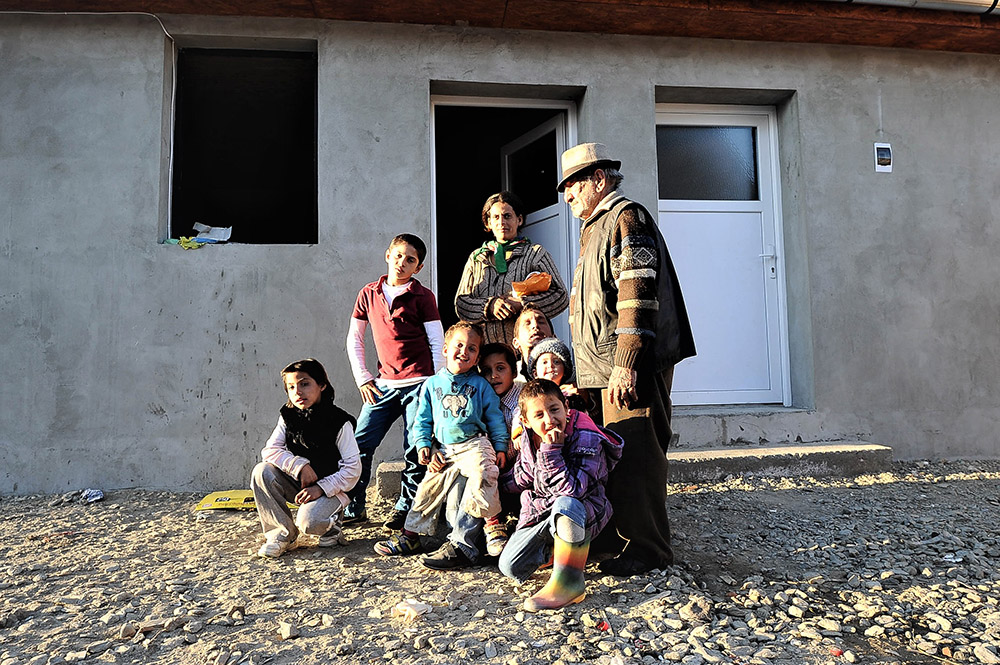
Like the Prophet ELIJAH, we want to fight for these deprived people and to integrate them as citizens into Europe, and not to be seen as only beggars or criminals. Music has been of great importance in initiating the schooling of these children. ELIJAH now runs two music schools with 250 pupils working in six villages. It has also established four social centers (kindergartens, hot meal kitchens, after-school activities, laundry service, medical help - dentist and family doctor - as well as shower facilities are being offered).
We opened a guesthouse, under the name STELLA MATUTINA. Here, young women learn housekeeping, baking, cooking, and table culture. An agricultural project was started to offer work and formation in order to produce healthy food products for the whole organization. ELIJAH also has a well-developed carpentry shop, as well as a team of construction workers renovating and building family homes in devastated villages.
Many of our social workers have been street children themselves, who were able to overcome their suffering. We listen and learn from the Roma people each step of the way. Our aim is not to talk about the gypsy people, but to talk with and live with them. ELIJAH is a practical experiment of sharing life with all its problems and joys.
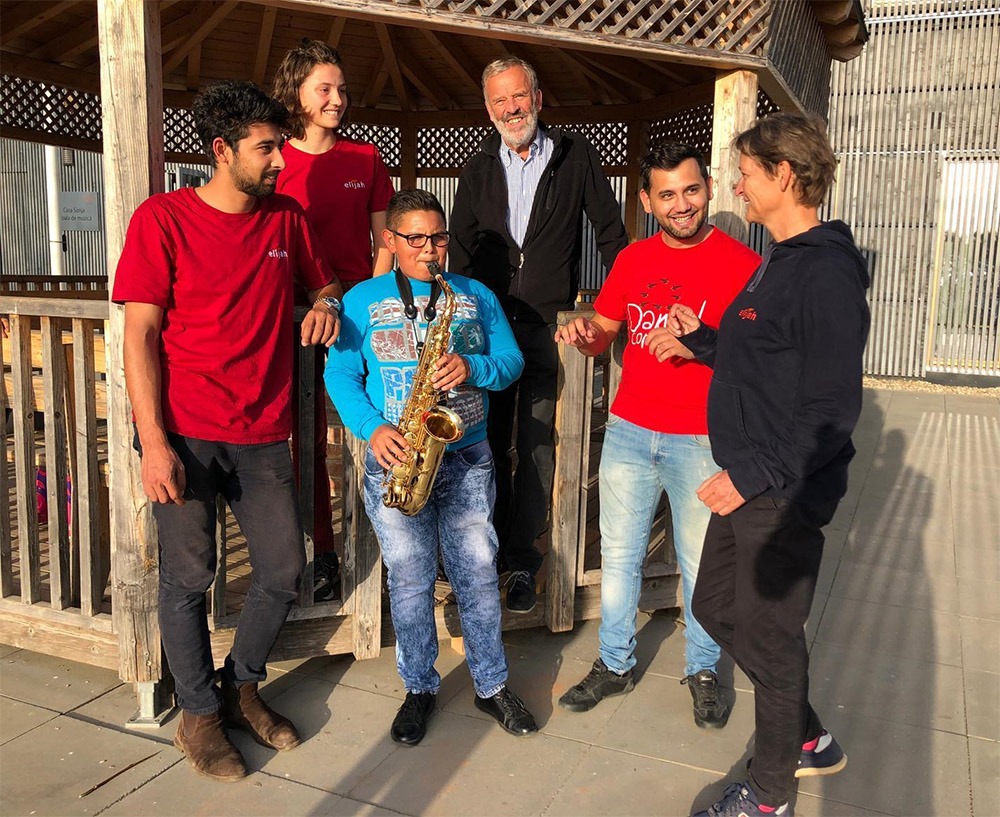
Looking back to my commitments over the years, I would say that building bridges is exactly what we as Jesuits have to do in the social apostolate. We are the bridges between rich and poor, between those who have and those who have not, those who can work and those who cannot, between the Roma and other Europeans, between the old and the young, between the sick and the healthy. In this context, my role in these projects was to start them, forming the first generations and accompanying them. Most projects continue to operate independently of me. With volunteers and friends, we, Jesuits, live and offer the Ignatian spirit that invites us to love more through Deeds than Words.



